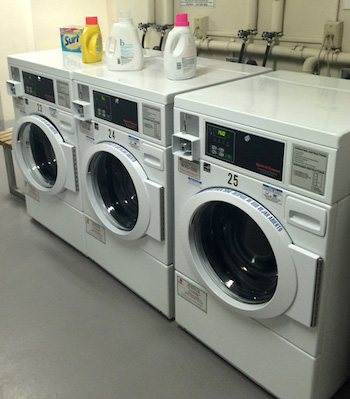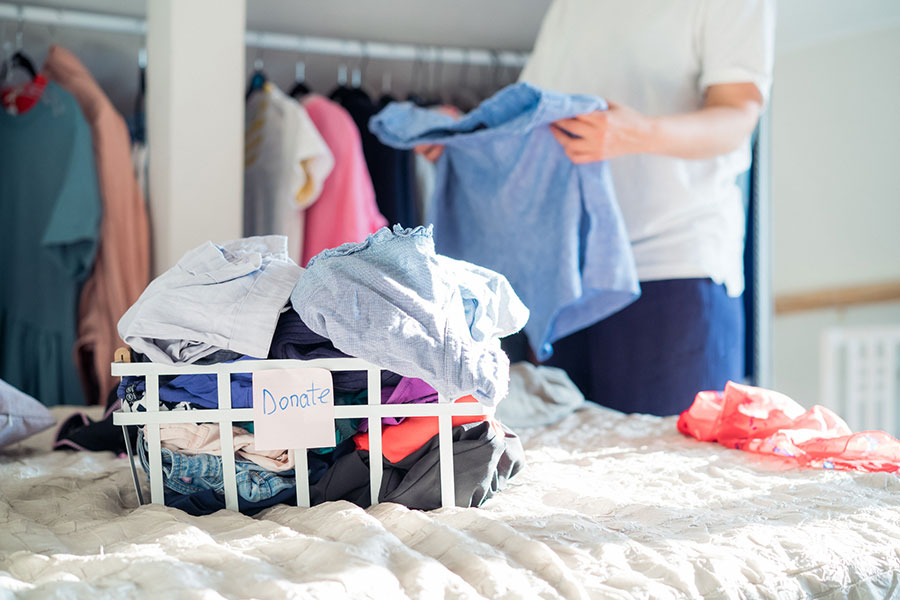Have you ever dealt with less than efficient appliances? While I was grateful for our washing machine, I had to admit it had seen better days. And, with the workout my family gives it every day (try keeping a soon-to-be-6-year-old clean), an upgrade was definitely becoming a priority. It was time for me to join the new age of laundry.
Thanks to technology and manufacturers’ attempts to please the ever-demanding consumer, washing machines have become more “intelligent” and able to detect soil levels and water needs. There are also washers that remember your “favorite” cycle and treat stains with hot or cold water depending on the need. Who knew? The cost of this new technology is anywhere from $400 to $1,900, depending on the type, capacities and other bells and whistles that you want.
Before you explore upgrading or purchasing a new washer, consider these tips from University of Georgia Cooperative Extension.
Decide on the type of washing machine you would like. Do you prefer a traditional, top-loading machine or a front-loading machine? Top-loading and front-loading units share many of the same functional features, but style-wise, there are a few differences.
Top-loading machines do not require you to bend or kneel. They have a larger capacity, a traditional look and are less expensive. Front-loading machines, on the other hand, also have a large capacity and can be stacked with a corresponding dryer. This provides additional storage space underneath, if you purchase pedestals, and creates a more modern look.
Before making a selection, measure your space. Large-capacity washers are often 2 or 3 inches wider than the traditional 27 inches. Allow at least an additional 6 inches behind the washing machine for water hookups and about 1 inch of space between the washer and dryer.
If the washing machine will be near bedrooms or a family room, consider the noise level. The sound of the washing machine shouldn’t disturb you.
Evaluate your laundry needs and determine how many loads of laundry you wash a week. If you have a large family, consider a big washer that can handle large loads – think towels, towels and more towels.
Do you often have heavily soiled clothes, like sports uniforms? A machine that provides extra-long wash and presoaking cycles will get these items clean. In contrast, if you are primarily washing slightly soiled garments, a washer with a quick-wash option may be the best option for you.
Consider the true cost. High-efficiency (HE) washing machines are available in both front-loading and top-loading designs. In general they use less water than traditional washers. Clothes are repeatedly tumbled through a small amount of water, so the water level does not need to rise to the top of the clothes.
Since a sizeable percentage of the cost of washing clothes comes from heating the water, using less water makes for a lower utility bill. Additionally, the high-speed spin cycle removes more water from the clothes, so they dry faster so your dryer uses less energy. Most HE front-loading washers and some HE top-loading machines are high capacity, so you'll wash fewer loads overall, which is another way to save energy and money.
For more information on how to save energy and water at home, visit http://www.fcs.uga.edu/extension/home-uga-greenway-save-energy-water.








